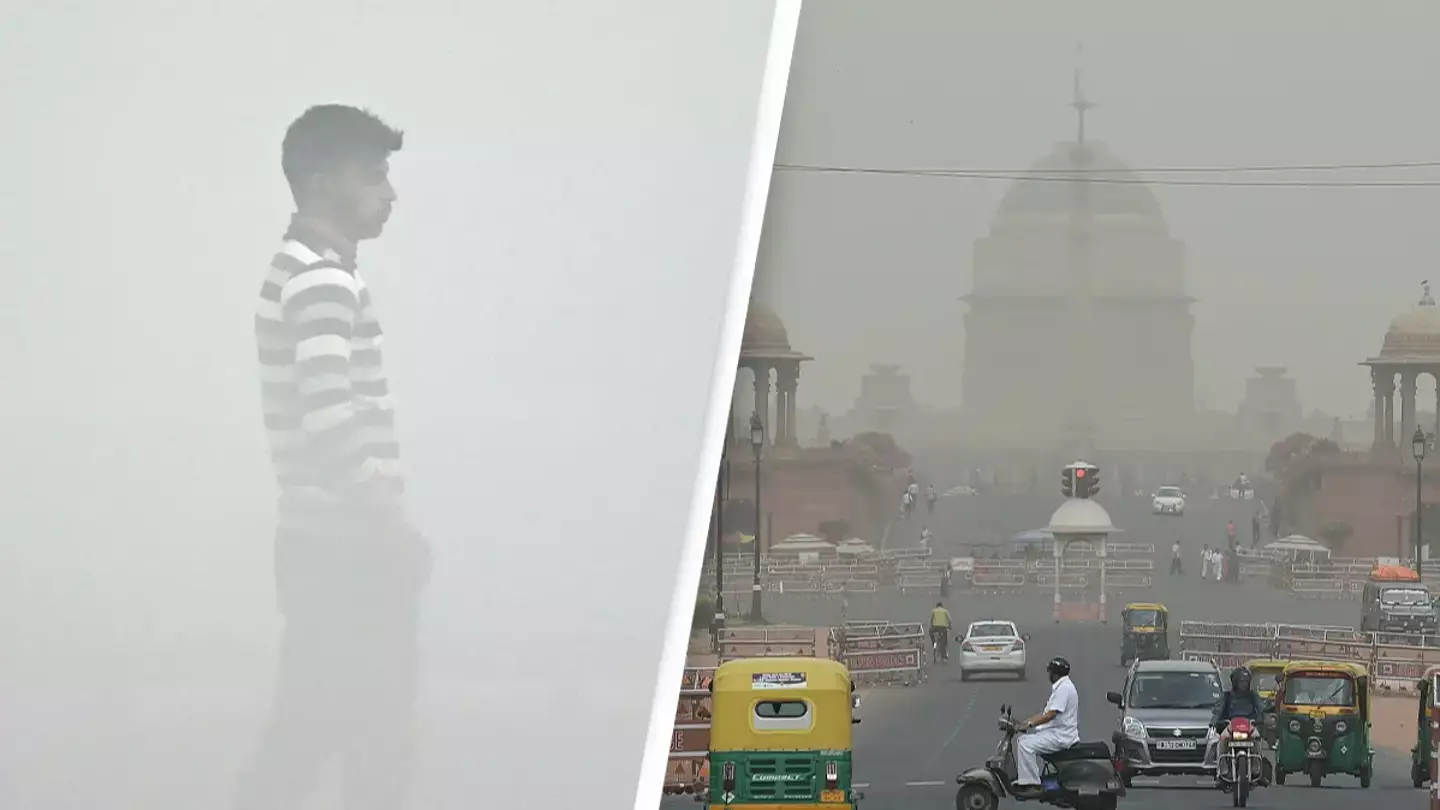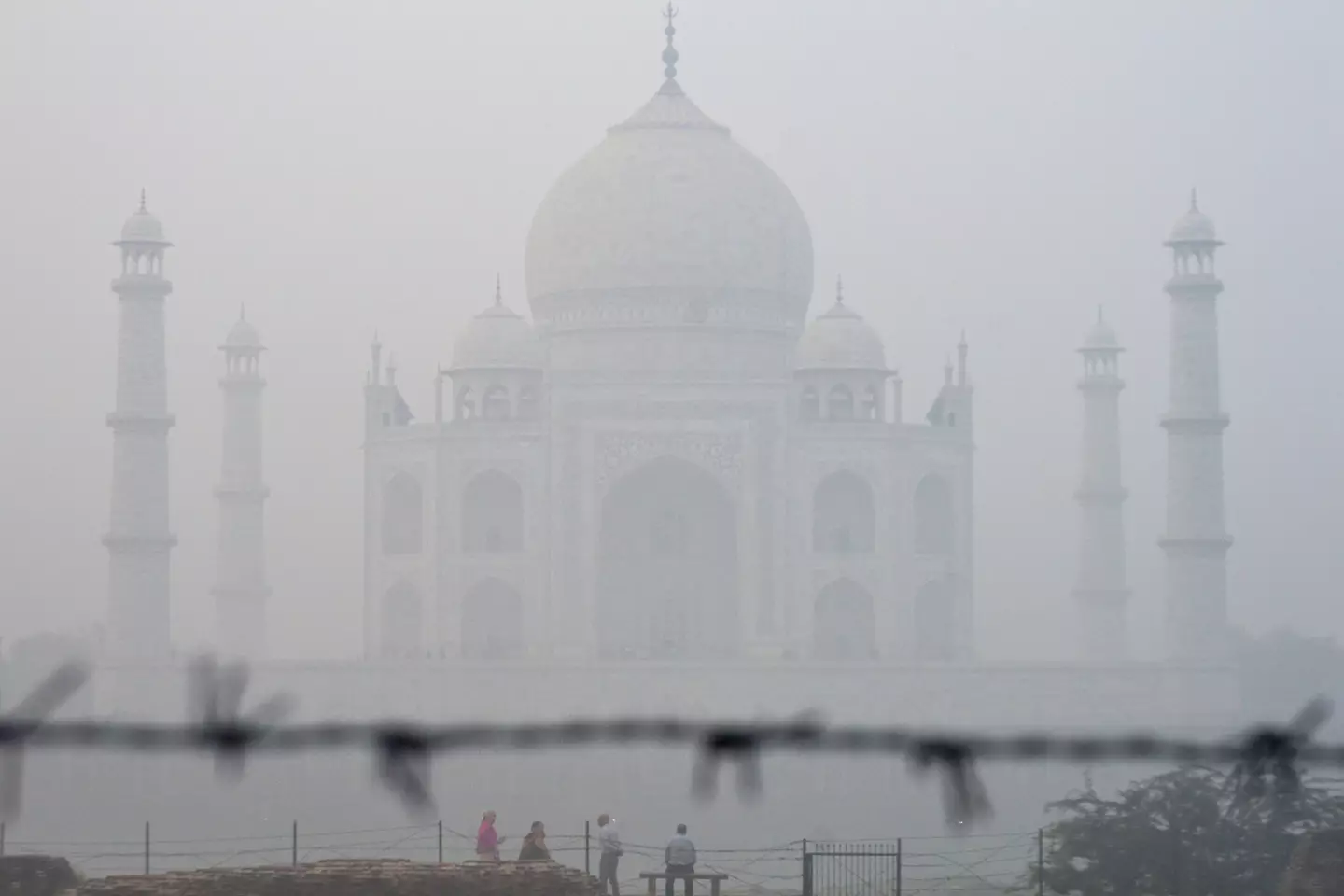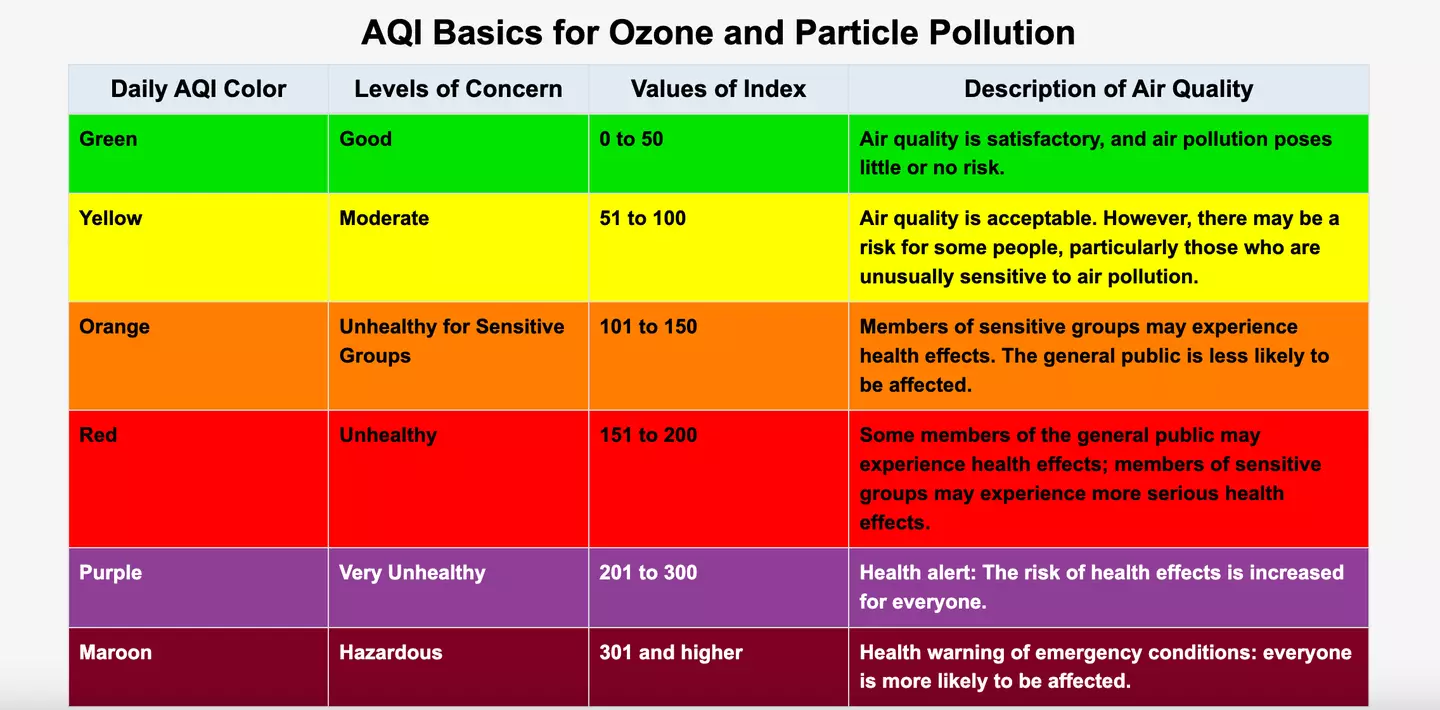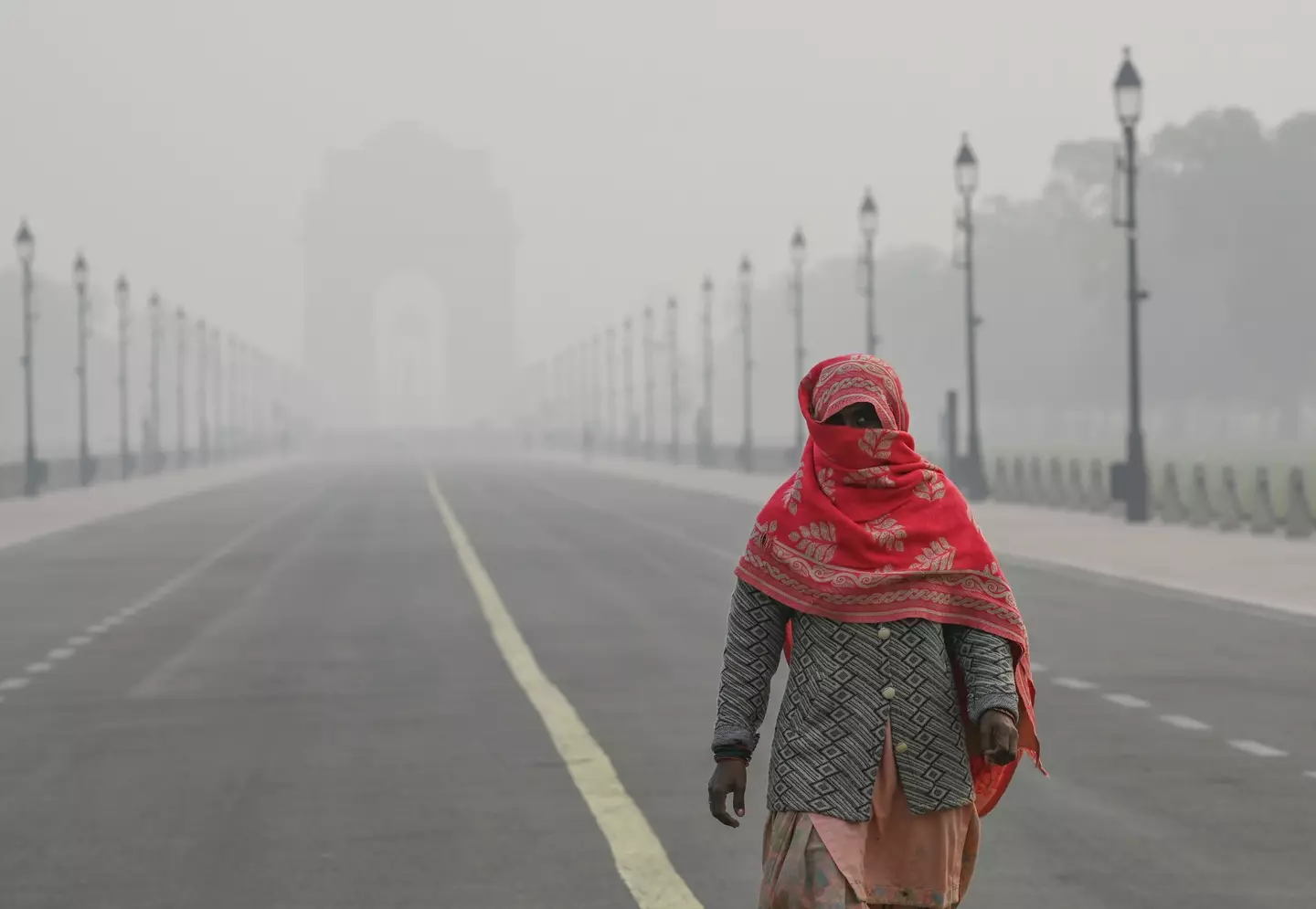
Air quality in this Indian city has been getting worse and it's so bad, in fact, that breathing in their air is the equivalent of smoking 50 cigarettes a day, according to doctors.
As concerns surrounding climate change grow, many countries are trying to improve their air quality in hopes of reducing the negative impacts that can come with an over-polluted environment.
According to a ranking from Swiss Air Quality Index monitoring group, IQAir, the top four most polluted cities in the world are, Dhaka in Bangladesh, Ulaanbaatar in Mongolia, and Lahore in Pakistan, with Dehli in India, which currently houses over 33 million people as of 2024, taking the top spot.
Sky News reports that airlines have been warned of delays due to visibility dropping below 100 metres as the city enters it's worst pollution season so far.
Advert
And authorities in Delhi are so concerned that they have been forced to make immediate changes, as they have confirmed that the toxic smog enveloping the city has worsened this week.

As a result, they have had to introduce a stringent set of restrictions, which includes limiting the movement of vehicles and people in the Indian capital. All construction activity has been halted, and a ban on diesel trucks has been implemented as well as colleges and schools being closed, The Independent reports.
So, with these restrictions now being implemented by the government, just how bad are things in Delhi currently?
Well, earlier this week, the average air quality index in Delhi increased to 494 on Tuesday (November 19), with IQAir further reporting that the concentration of PM2.5 in the air increased to 737 on Monday (November 18) - pushing the city well beyond the 'severe plus' category.

According to Sky News, the air quality in the city is also much worse than safety limit recommended by The World Health Organisation (WHO) - with AQI values over 300 considered 'hazardous' for people's health.
Dr Nikhil Modi, respiratory and critical care consultant at the Indraprastha Apollo Hospital spoke to The Indian Express about the severity of this issue, where he said that these high levels of PM2.5 is the equivalent of smoking 50 cigarettes a day, with particulates and gases from the air residing deep in the lungs before entering the bloodstream, which could lead to health conditions.
And Arup Halder, pulmonologist at the CMRI Hospital, spoke to the Business Standard about the negative health impacts this poor air quality could have on Delhi's residents.

He said: “In the heart, it contributes to hypertension, heart attacks, and heart failure. The brain is also affected, with links to cognitive decline, dementia, Alzheimer’s disease, even strokes. On the skin, air pollution can trigger different types of dermatitis.”
WHO also listed conditions linked to poor air quality exposure as 'stroke, ischaemic heart disease, chronic obstructive pulmonary disease, lung cancer, pneumonia, and cataract (household air pollution only)'.
In particular, pregnant women and young children will seriously be affected by constant exposure to poor air quality as Dr Soumya Swaminathan, a former WHO chief scientist, added to Health Policy Watch: “The impact is particularly serious among pregnant women and young children because it affects the growing organs of the foetus and young child and is likely to have permanent effects on physical and cognitive development.”